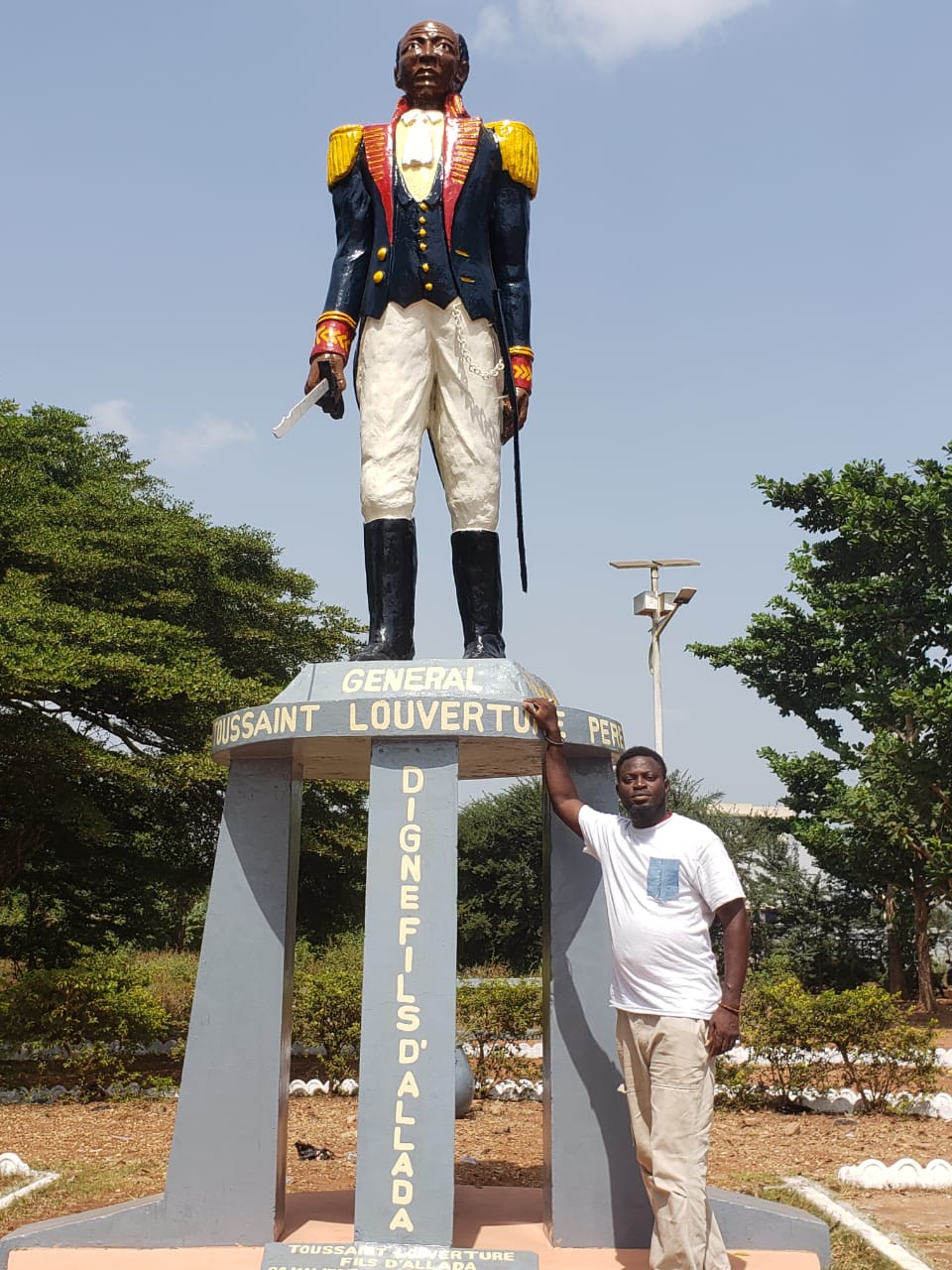Lekki is very important in the old and new Lagos. Lekki Peninsular is from
around Mobil Lagos Victoria Island to the Niger Delta.
Lekki is an historical and ancient town. It is very close to Epe,
Ikorodu, Victoria Island and Lagos Island.
The town was formerly known as Ileke by the local people until the
arrival of the Portuguese Trader called Mr Lecqi. People referred to the area
where Lecqi was living by his name. So, the local people will say to each other
that they are going to Lekki’s place and eventually, everywhere became known as
Lekki.
Mr Lecqi and his contemporaries were engaged in salt making and slave
trading. The Ileke people, whose town became known as Lekki from the name of
the Portuguse settler Mr Lecqi, were originally from Ile Ife and settled down
at Ijebu Ode. From Ijebu Ode, they settled down at Ilara and from Ilara to Epe.
From Epe, they settled at Ileke called Lekki today. Ebute Lekki on the Lagoon
side is about one kilometer from the coast.
The people’s occupation was primarily Salt making, Farming, and
fishing.
Lotu, the son of Labolo was the one who led the people from Ilara to
Ileke(Lekki). Lotu gave birth to five children.
Namely:
1, Ope
2, Ogunbamade
3, Oreti
4, Efularo
5, ?
The five children were females and among them, only Efularo did not
bear a child.
After the death of Lotu, Ope returned back to the present location
called Lekki. It was here that she gave birth to Ogunbeku.
Ogunbeku was one of the major local slave traders that were supplying
MrLecqi slaves that were acquired from the hinterland.
The characteristic of the different communities speaks of the events
and abolition of the slave trade because some of the freed slaves could not
locate their root when the British forced the African and European slave
merchants to stop.
The evidence is seen in the Languages and Cultures of the enslaved as
they eventually settled down along the Lekki Lagoon.
There are two basic lagoons in Lagos. The Lagos Lagoon, and the Lekki
Lagoon.
When Ogunbeku died, his corpse was returned back to Epe where he was
buried.
TRADITIONAL FESTIVALS IN LEKKI
The people today are Muslims and Christians. Yet, traditional
festivals are revered. The god, Ogun is celebrated anytime in the Lekki environ
as the occasion demand. Imale-Masquerades are celebrated annually. Other
traditional festivals are:
Agbo,
Akalagunle,
Igede,
Efonnise,
Alaro,
etc.
Still researching........................

